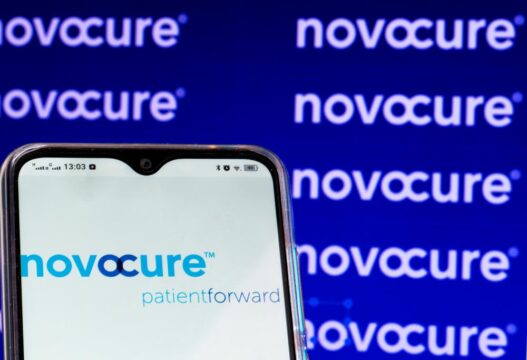Advertisment
Self-driven healthcare can improve health outcomes and reduce costs

A vision for building sustainable, self-driven healthcare spanning primary care, secondary care and the wider health and social care system has been set out by medical innovators writing in the Journal of the Royal Society of Medicine.
Self-driven healthcare (SDH) is an umbrella term introduced by Innovate UK, the UK’s national innovation agency, to conceptualise aspects of healthcare delivery that can support people in becoming more engaged in managing their own health and wellbeing, rather than being passive receivers of healthcare.
In their paper, the authors, from Imperial College London and Innovate UK, describe an SDH ecosystem that supports individuals to take more ownership of their health and wellbeing and in recording their own data (e.g. weight, blood pressure) using a phone app, tablet, computer or Bluetooth device. This self-generated data would then be uploaded onto a secure online SDH portal which holds all their health records, including those generated in the wider healthcare system.
Lead author Dr Austen El-Osta, Director of the Self-Care Academic Research Unit (SCARU) at Imperial College London, said: “Individuals would also enter other data such as what medication they had taken that day, the food they had eaten or the exercise they had done. They may even have a range of other devices that automatically record and upload useful information, such as environmental data about local air quality that day.”
A personalised dashboard would automatically present the user with their ‘digital twin’ and the portal may also be enabled to routinely offered insights and actionable advice, including microlearning and behaviour change interventions and a holistic picture of the person’s overall health and wellbeing status.
Dr El-Osta said: “The vision for SDH is that these personal healthcare management systems are integrated with the wider healthcare system, including the NHS.” He added: “SDH would support better online interaction with healthcare professionals and improve the exchange of information, including shareable personal healthcare records and self-generated data.”
Dr El-Osta and his co-authors believe that by building a personal healthcare infrastructure capability that connects people to the wider healthcare system, SDH also has the potential to integrate a wider range of activities, such as AI-guided clinical coaching, preventative medicine and home clinical trials.
When applied at scale, SDH ecosystems could, say the authors, help governments and health organisations, including the NHS, to achieve their ambition of improving health outcomes while controlling costs and addressing priority areas such as equality, diversity and inclusion, levelling up and net-zero.
The authors caution that the SDH approach must create better access to all sections of the community rather than just wealthier and more technically literate individuals. It is also crucial, they say, that the SDH movement does not exacerbate inequalities due to the digital divide.
Dr Chris Rowe, Medical Technology Innovation Lead at Innovate UK said: “How SDH is adopted in the future is very important, especially when it is applied to help enhance the consumer health system by trying to link it effectively with state-funded NHS health and social care systems. It will be important to determine if these online environments will be provided by expanding the NHS App, for example, or by commercial companies.”





